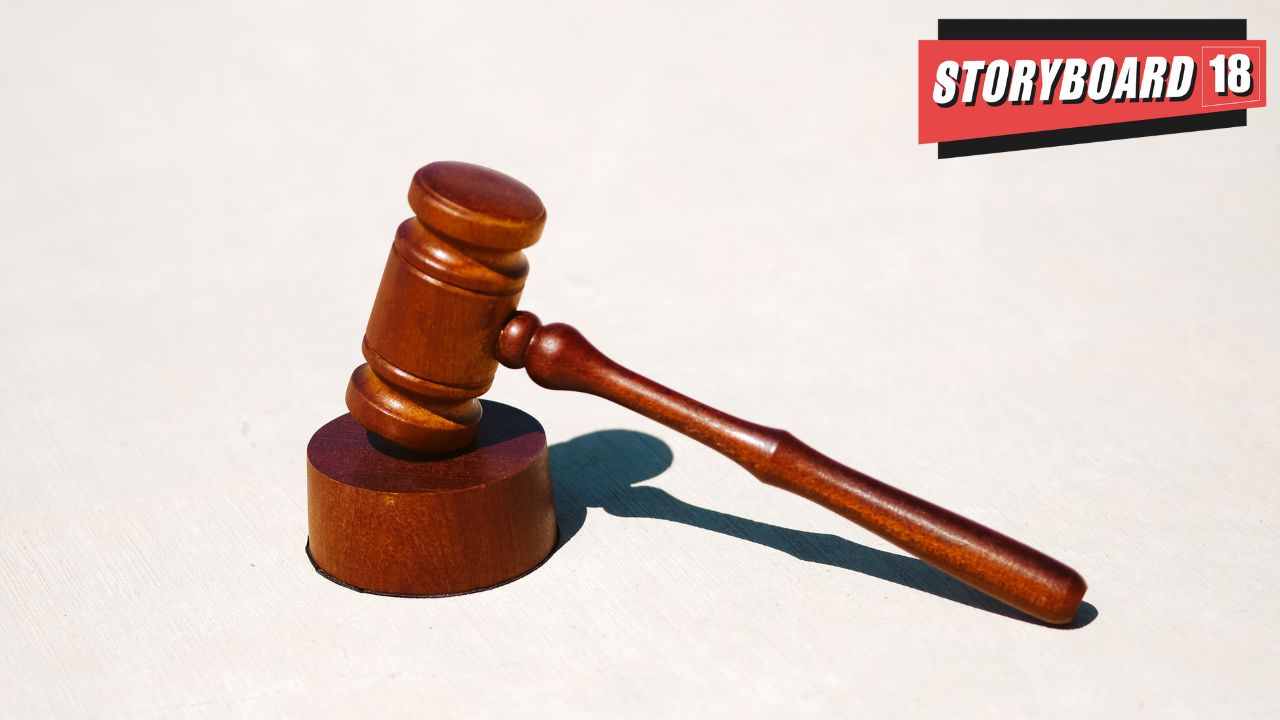The Delhi High Court will hear petitions challenging the constitutionality of the IT Rules, 2021, at 2.30 PM on Monday. Approximately 17 petitions have been filed across India by individuals, associations, and organizations. The petitions were filed citing government’s control on social media services, video streaming platforms and digital news outlets.
On August 14, 2024, the Delhi High Court directed that the cases be categorized by issue and appointed Advocates Shashank Mishra and Kirtiman Singh as nodal counsels for the petitioners and respondents, respectively. The court also instructed all parties to complete pleadings within four weeks and submit written arguments.
During the October 14, 2024, hearing, the Bench, with the consensus of all counsels, decided to split the hearings into two parts: first addressing challenges to Part III of the IT Rules, 2021, and then challenges to Part II. The IT Rules, 2021, which significantly impact online privacy and freedom of expression by granting the government broad authority over digital platforms, are being challenged on constitutional grounds.
It was decided that proceedings would begin with arguments against Part III (Code of Ethics and Procedure and Safeguards in Relation to Digital Media) and then move to Part II (Due Diligence by Intermediaries and Grievance Redressal Mechanism). Arguments on Part III will commence on November 11, 2024, led by Senior Advocate Darius Khambata, followed by other counsel. Arguments against Part II will be heard afterward.
The Ministry of Electronics and Information Technology, along with the Ministry of Information and Broadcasting, introduced the IT Rules, 2021, on February 25, 2021. These rules expand government oversight over social media intermediaries, including content shared by users. Additionally, they bring online content and digital news media under the jurisdiction of a government-appointed committee.
Since the notification of the IT Rules, 2021, at least 17 separate constitutional challenges have been filed in various High Courts across the country by individuals, associations, and organizations.
